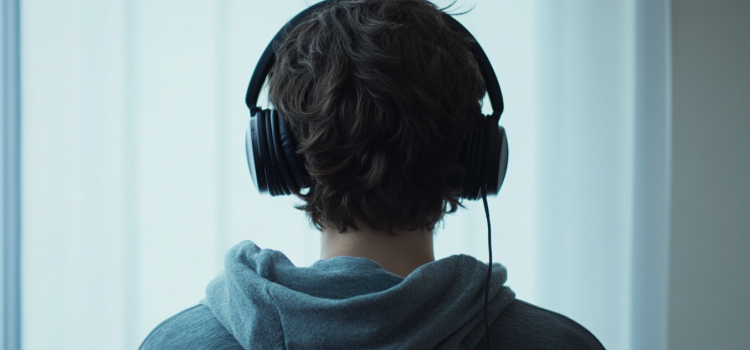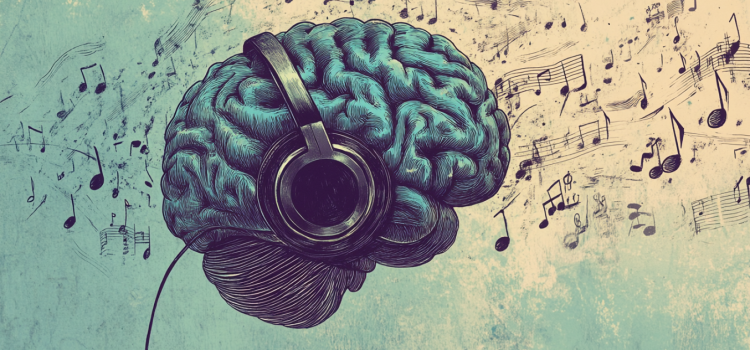How did humans develop the ability to reflect on their past and imagine their future? What would life be like if you couldn’t remember personal experiences or think about your own feelings? Julian Jaynes explores how the emergence of consciousness completely changed how humans experience the world. This mental shift gave our ancestors new cognitive abilities, including introspection and self-reflection, while also potentially creating a sense of separation from the world around them. Continue reading to understand how the rise of conscious experience reshaped what it means to be human.
Conscious Experience Reshaped What It Means to Be Human










